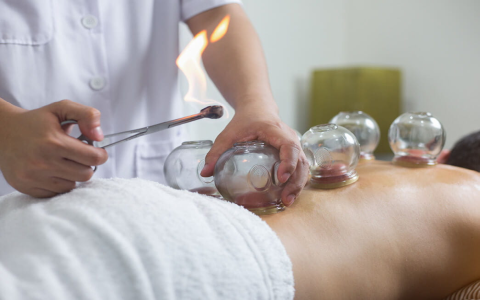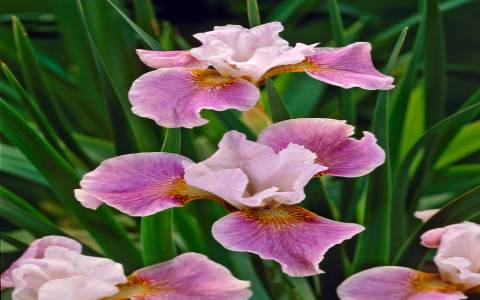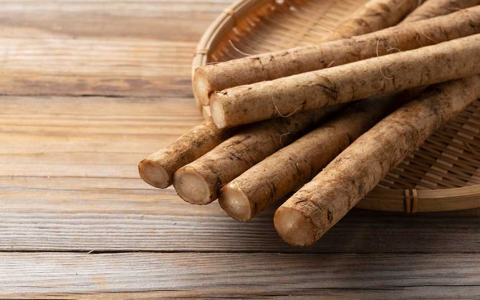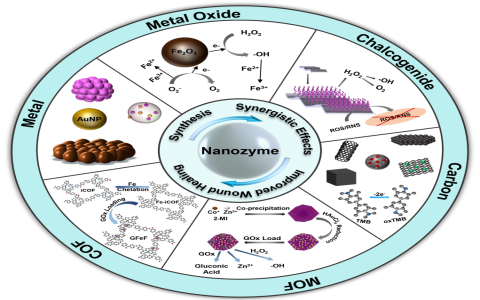Alright, so folks have been asking me about this Sheng Di stuff. Not gonna lie, I wasn’t some expert diving into ancient texts or anything. It was more like one of those things you stumble upon when you’re just fed up, you know? Feeling a bit off and willing to try something different for a change.
My Little Brush with Sheng Di
So, here’s how it all kicked off for me. I was going through this spell, feeling just… well, internally warm, if that makes any sense. Like my body’s thermostat was stuck on high. Waking up with a dry mouth, feeling a bit restless even when I should be winding down, just that nagging, low-level irritation. I did the usual, went to see my doctor. He ran some checks, said everything looked pretty standard, probably just stress doing its thing. “Try to relax more,” he said. Easier said than done, right? It felt a bit like calling tech support about a slow computer and them asking if you’ve tried restarting it. Sure, basic, but not always the fix.
Anyway, I was chatting with my neighbor, old Mr. Lee, who’s always got some traditional tip up his sleeve. He heard me grumbling and he brought up Sheng Di, or Rehmannia root as it’s sometimes called. He mentioned his folks used to prepare it whenever someone complained about that kind of inner “heat.” My first reaction? “Ah, here we go, another one of those old-time remedies.” I tend to be a bit of a skeptic with things that don’t come in a neatly packaged box with a long list of ingredients I can’t pronounce.
But truth be told, I was getting a bit tired of feeling blah. Nothing else I tried was really making a dent. So, I thought, “Heck, what have I got to lose?” I headed over to the Asian market nearby, the one that’s packed with all sorts of dried herbs and intriguing ingredients. Took me a bit of looking, but I found these dark, kind of leathery, sliced roots. That was the Sheng Di.
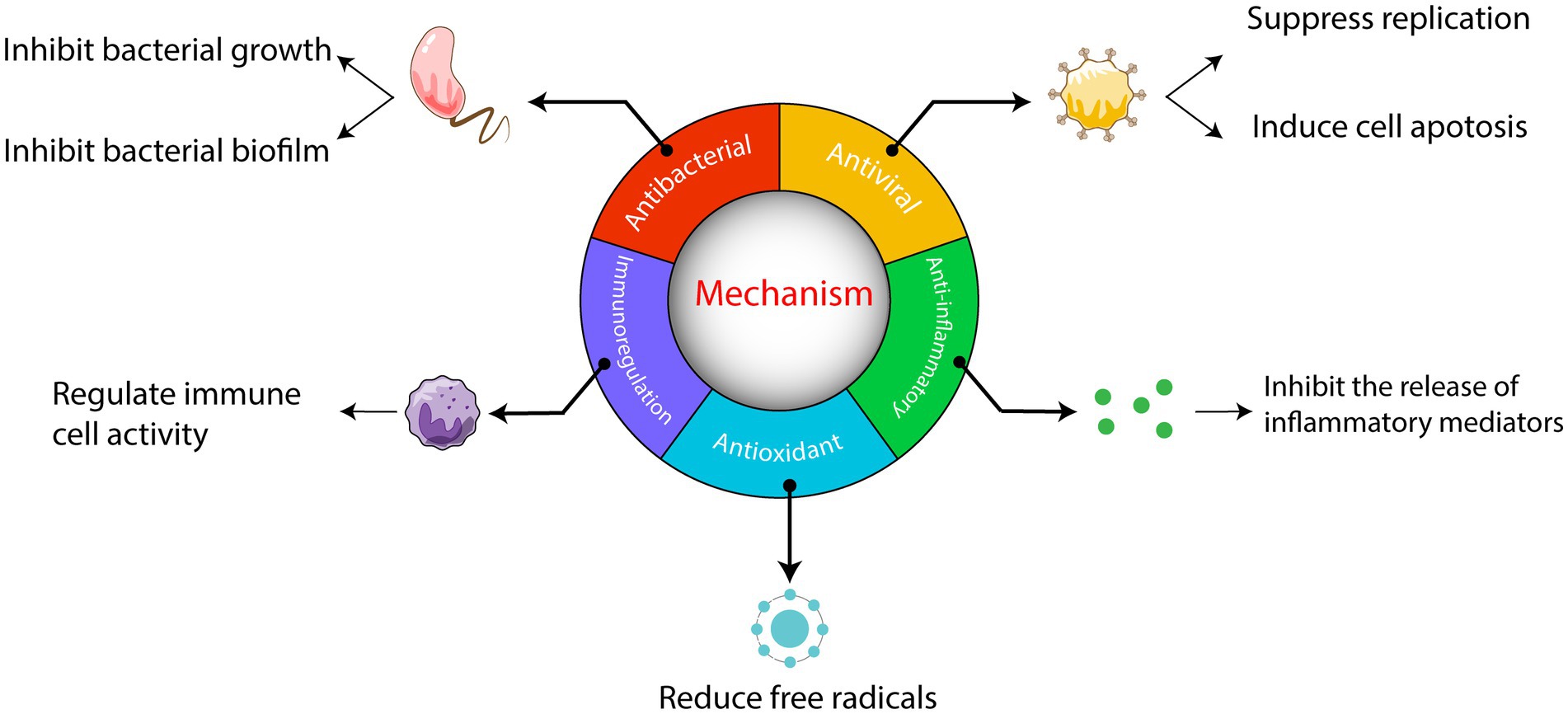
Time to give it a whirl. Mr. Lee’s instructions were simple: just boil a few slices in water. So, that’s exactly what I did. I grabbed a small saucepan, tossed in about four or five of those thin slices, added a couple of cups of water, and just let it simmer away for about twenty minutes, maybe a bit longer. The kitchen started to fill with this earthy aroma, a little bit sweet, a little bit bitter. Definitely not like my usual morning coffee, that’s for sure.
The liquid that came out was pretty dark, almost like a really strong black tea. I let it cool down a bit. First taste? It was interesting. There’s a slight sweetness to it, but then this distinct, underlying bitterness comes through. Not overwhelmingly bad, but it’s definitely there. I decided to drink a small cup of this concoction, usually in the afternoon, for a few days straight. Didn’t want to go crazy with it from the get-go. My approach is always to start small when trying something new, see how things go. You wouldn’t redline a new engine the first time you start it, right?
So, what was the verdict? Did I suddenly feel like a new man? Well, not exactly a miraculous transformation. But, after about a week of this routine, I did start to notice a few subtle shifts. That annoying dry mouth I’d been waking up with? It seemed to ease up a bit. And overall, I felt, well, a little less “revved up” internally. Like someone had finally turned down that overactive thermostat just a touch. It wasn’t a sudden, dramatic change, more like a gentle dialing back. You know, like when you finally find and fix that tiny, persistent squeak in the floorboard – a quiet kind of improvement.
I kept this up for about two or three weeks in total. The main thing I took away was that the general feeling of being “overheated” had definitely lessened. I wasn’t suddenly bursting with boundless energy, but I did feel a bit more… settled. More comfortable in my own skin, if you will.

Now, I’m not here to tell you Sheng Di is some kind of miracle herb. Not at all. And I’m certainly no medical expert. This is just me sharing my own little experiment, plain and simple. It’s a bit like how some companies swear by one programming language for everything, while others find it only works for specific tasks and they end up with a mix. Maybe Sheng Di is similar – it might be helpful for certain situations, for certain people. For me, during that particular time, it seemed to do a decent job of taking the edge off that “heaty” feeling I was experiencing.
Would I try it again? Yeah, I think I would, if I started feeling that same specific kind of imbalance cropping up. It’s not something I’d incorporate into my daily routine like a vitamin, but it’s now another option I know about. Sometimes these old traditional approaches have a bit of practical wisdom to them, even if they don’t come with a glossy brochure and a celebrity endorsement. That’s just my take, from my brief foray into the world of Sheng Di.
